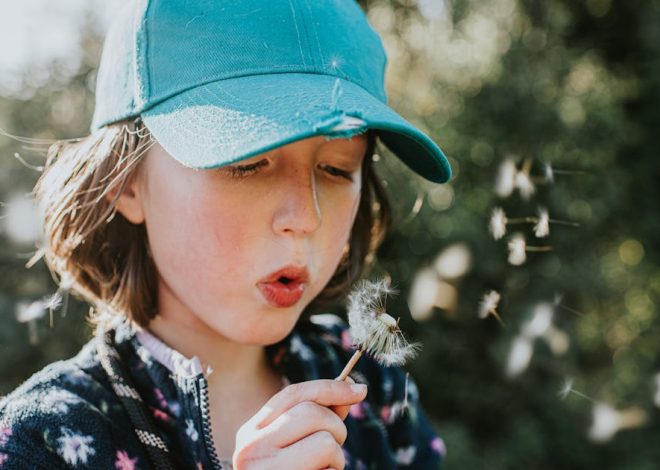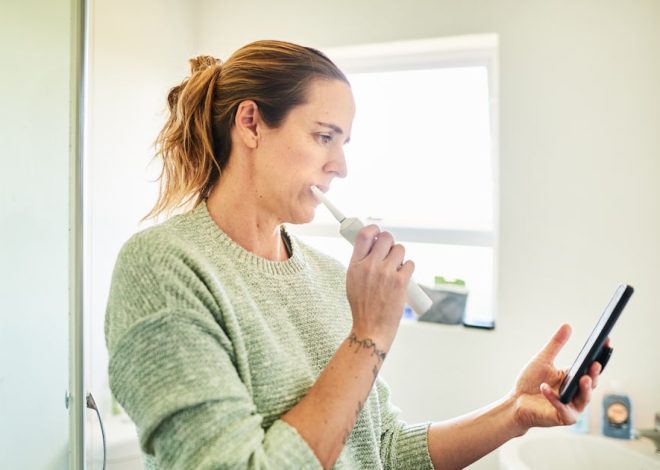
The science behind why baby laughter is so good for you—and the viral TikTok that proves it
As parents, we know the days can feel endless—messy, exhausting, and sometimes completely overwhelming. But every once in a while, something happens that cuts through the chaos and reminds us why it’s all worth it. For one dad on TikTok, that moment came when he made his baby laugh so hard, it turned into one of the most contagious sounds on the internet.
In a now-viral video posted by TikTok user @stace.tts, a dad plays with his baby, whose giggles are so pure and uninhibited they’ve captivated over 10.7 million viewers around the world. The caption reads: “When dad is the funniest person you’ve ever met ,” and it’s no exaggeration. This baby’s belly laugh is not only heartwarming—it’s the internet’s new favorite sound.
Why we can’t get enough of baby giggles
There’s something universally joyful about a baby’s laughter, and the comments section of this video proves it. Viewers are sharing how this one clip brought a burst of happiness to their day:
- “I had an awful day, came home, opened the app, and I see this. I instantly cheered up.”
- “It’s so funny how we as parents will do it over and over because we don’t want that laugh to stop.


 ”
” - “Baby laughs—it’s the best medicine.”
- “Not me watching this at least 42 times

 ”
”
The science behind why baby laughter is so infectious
Did you know that a baby’s laugh can actually calm your brain? According to a study published in Neuropsychopharmacology, hearing infant laughter reduces activity in the amygdala—the part of the brain associated with fear and anxiety. This effect is particularly strong in individuals with higher levels of oxytocin, often called the “love hormone,” which is released during bonding moments.
So, when you hear those giggles, you’re not just smiling—you’re literally reducing stress and deepening your emotional connection to your baby.
Related: What happens to a mom’s brain when their baby smiles for the first time
When do babies start laughing?
One of the most beautiful things about baby laughter is how early it emerges. While most babies start saying their first words around 9 to 12 months, they begin to laugh much earlier—usually as young as 3 months old. According to research, laughter is one of the earliest clues we have about how humans experience the world.
Some scientists believe laughter is an evolutionary tool for bonding and sharing joy. As researcher Robin Dunbar suggests, laughter might have evolved as a faster, more efficient way to connect than grooming, which primates use for social bonding. For babies, those giggles are an early form of communication that says, “I’m happy, I’m safe, and I want to connect with you.”
The power of baby laughter
There’s something undeniably special about dads making their babies laugh. Whether it’s a goofy dance, a silly face, or a completely ridiculous voice, dads have a special talent for sparking those deep belly laughs. And let’s be honest—as parents, we’ll all do whatever it takes to keep that sound going.
Because here’s the thing: parenting is hard. It’s a mix of sleepless nights, messy floors, and endless to-do lists. But moments like this—when your baby’s uninhibited laughter fills the room—make it all feel worth it. It’s a sound that cuts through the mess and exhaustion, connects us to the people we love, and even rewires our brains to feel a little lighter.This viral TikTok may be just a short clip, but it captures the magic of what makes baby laughter so powerful: joy, connection, and a little bit of science.
Now, excuse me while I watch this video for the 43rd time.


